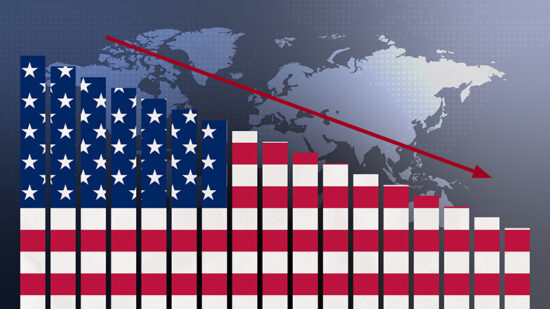We live in a global economy where businesses, especially in financial services, often have operations throughout the world.
Therefore, to get an insight into how ethical developments and concerns vary globally, country heads of the CISI, in the final part of our series on business ethics, have given their thoughts on ethics and integrity in the regions in which they work.
Building trust in Singapore
Stable trust levels mean businesses can focus on ethics training for individuals.
Tavia Chua, CISI country head, Singapore, says there has been a much greater focus on integrity and ethics in Singapore during recent years, with a growing number of workshops being made available to individuals working within financial services.
In addition, in January 2016, the Institute of Banking and Finance in Singapore introduced an annual requirement of four ethics-related continuing professional development hours for financial advisers.
Chua says ethics are an important part of doing business and that a company’s reputation is key for continuing success, as reputation “is very difficult to rebuild if lost”.
It is therefore encouraging that in this year’s Edelman Trust Barometer survey, Singapore is the fifth most-trusted nation for the second year running, and while in other countries trust in business was seen to fall dramatically, in Singapore it only suffered a two-point decline.
The key to maintaining trust in organisations in Singapore lies with individual employees rather than senior managers. The 2017 Edelman Trust Barometer notes: “CEO credibility fell double digits (14 points) to 36%. Board of directors followed closely with a 10-point drop.”
The survey says: “Compared with a company’s CEO or senior executives, its employees are now more trusted in Singapore to communicate about a company’s financial earnings and operational performance, treatment of employees and customers, and even business practices and crisis.”
Philippines goes back to school
Businesses realise the importance of doing things ethically but there is still work to be done, starting with improving people’s financial literacy.
Ethics is an important part of doing business in the Philippines, according to Anton Mauricio, country president, CISI Philippines. However, he says: “It is still a long road before anyone can claim the country is a bastion of integrity in the finance sector.
“While there exist many systemic and regulatory safeguards to protect the financial community and the investing public, the execution, implementation and observance of these systems are far from ideal.”
Corruption is a serious problem in the Philippines. The country was ranked 101 out of 176 in Transparency International’s 2016 Corruption Perceptions Index, and was given an overall score of 35 out of 100 (where 0 is ‘highly corrupt’ and 100 ‘very clean’).
According to Mauricio, the top five ethical concerns among firms in the Philippines are:
- casual employment, where contractual hires are prevented from becoming ‘regularised’ employees and gaining access to costly employee benefits;
- avoidance of minimum wage compliance;
- tax evasion and tax avoidance;
- choosing preferential suppliers, either because of bribery or vested interests; and
- appointment of relatives and friends within firms despite lack of qualifications.








